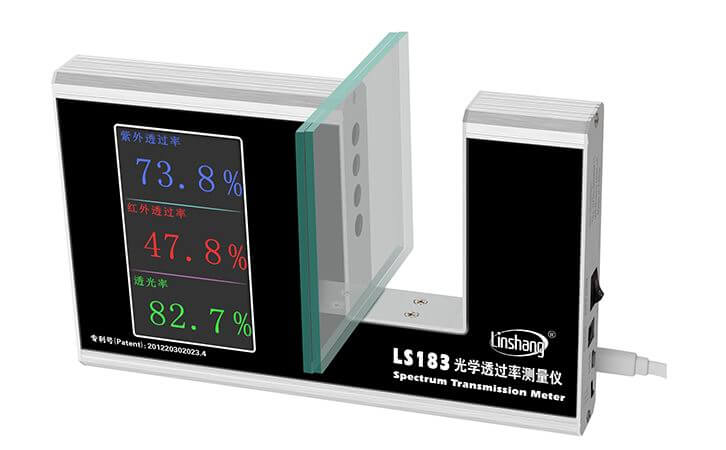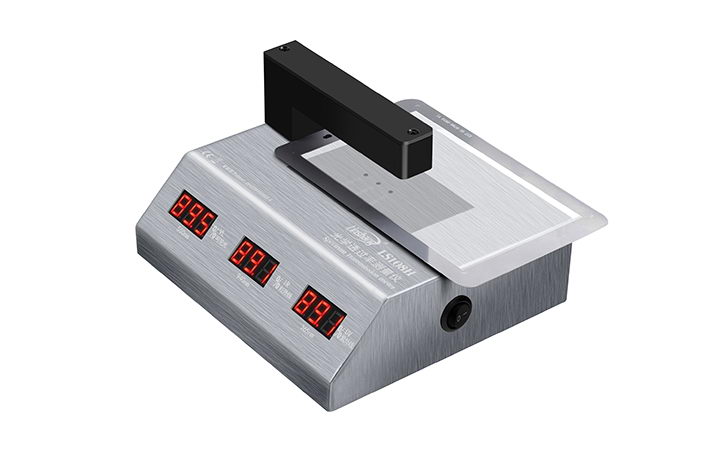Difference between Visible Light Transmission Meter LS183 and LS108H
Both the LS183 and the LS108H visible light transmission meter are professionally used for optical transmission test of translucent materials such as foil, coating materials, organic materials, coatings, solar films, PMMA materials, and PC materials. Both meters can measure three parameters of UV, light transmittance and infrared at the same time. Some customers can't understand what is the difference.
Indeed, if you only look at the parameters, there should be no big difference, but from the details, the difference between the two is quite obvious. First, they tested different light transmission parameters, LS108H visible light transmittance meter test the 550nm green light, LS183 test 380-760nm white light. Secondly, the minimum aperture of LS108H is 3mm, the minimum aperture of the LS183 test is 10mm. The LS183 cannot test samples whose aperture is less than 10mm, so the customer with smaller sample is recommended to choose LS108H. Again, the LS108H is a flat design, the sample is easy to place, and the LS183 is a “U” slot design, small samples require customers to hold the test by hand, customers can choose according to their own preferences.
We believe that through our introduction, you should know how to choose LS183 and LS108H. You can choose these two instruments by the thickness of the sample, the size, the accuracy and the operation method.
- Spectacle lens anti-blue light detection---blue-violet light transmittance meter
- Spectrum Transmission Meter for Measuring PC Sheet
- Difference between LS103A and LS183 spectrum transmission meter
- Transmission Meter for Lens and Phone Cover Test
- Measuring the Transmittance of a Hemisphere by Plastic Transmittance Meter
- Sunglass Guide and terminology

